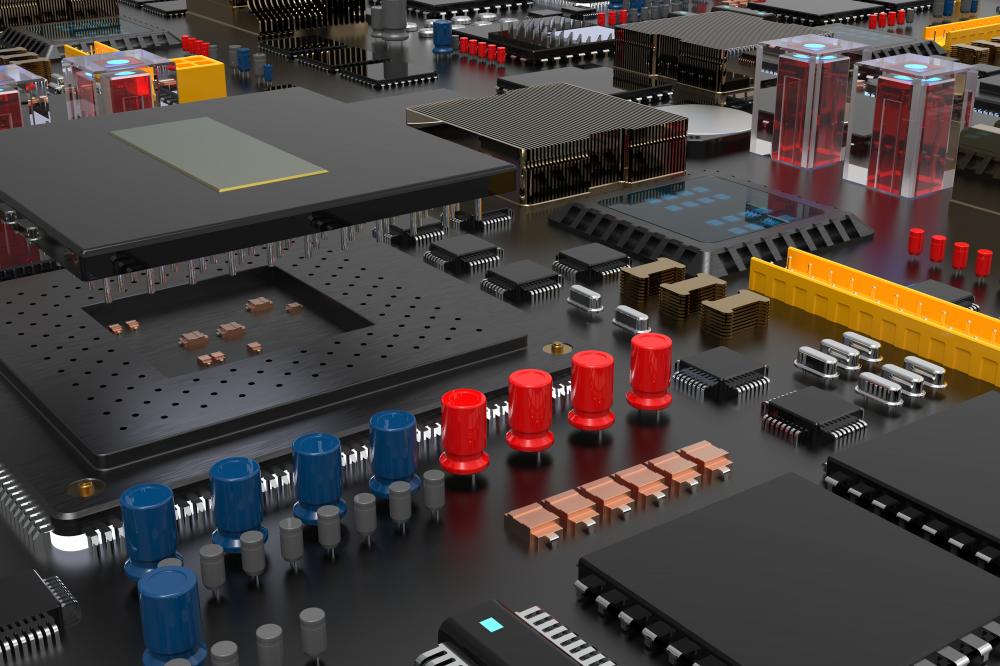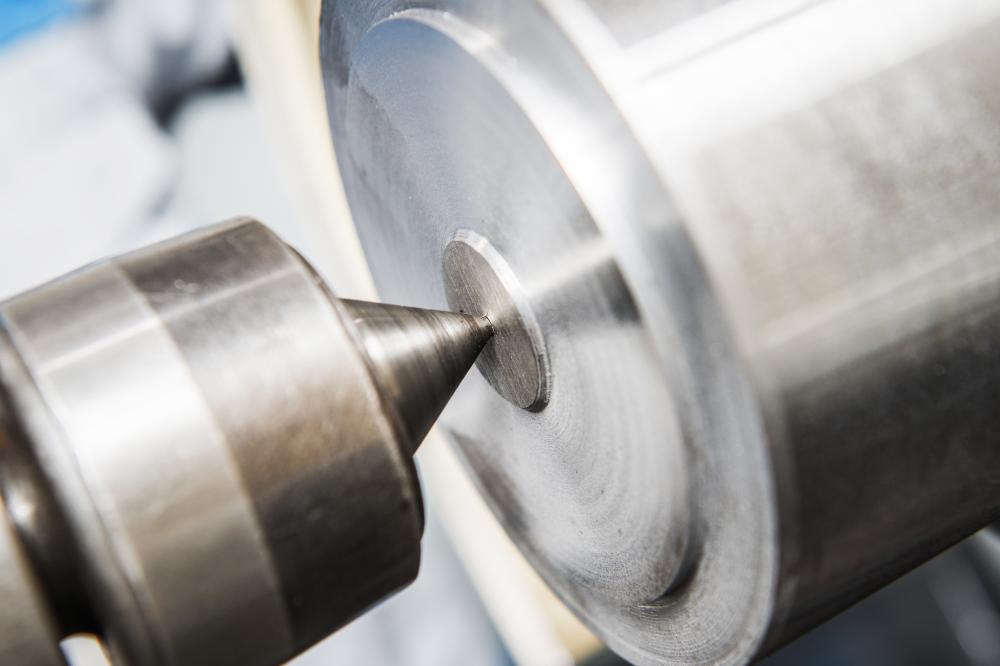Swiss Machine

Introduction to Swiss Machine
Welcome to KSI Swiss, where our passion meets precision in the art of Swiss-style CNC automatic lathes. Through the lens of our extensive experience, let us explore the essence and intricacies of the swiss machine, a cornerstone in modern manufacturing that combines sophistication with the agility required to produce the minutiae that powers today’s technological marvels.
History and Evolution of Swiss Machining
Swiss machining, originally crafted for the watchmaking industry, has evolved far beyond its timekeeping roots. This journey from crafting tiny, intricate watch parts to fueling aerospace, medical, and electronic advancements illustrates the adaptability and enduring relevance of Swiss machining in an ever-changing technological landscape.
How Swiss Machines Work
The swiss machine stands out due to its unique approach to part support and movement. By feeding bar stock through a guide bushing, it ensures exceptional stability and precision. This method contrasts sharply with traditional lathes, highlighting the Swiss machine’s capability to produce complex parts with unparalleled accuracy.
Benefits of Swiss Machining
Unmatched Precision
The hallmark of the Swiss machine is its ability to maintain extraordinary precision. The guide bushing minimizes material movement, allowing for the production of parts with tolerances that are nothing short of astronomical.
Complexity Made Simple
Thanks to the stability and precision of Swiss machining, parts with complex geometries, thin walls, and intricate details are not just possible–they are the standard.
The KSI Swiss Difference
At KSI Swiss, we pride ourselves on pushing the envelope. Our Swiss-style CNC automatic lathes are not just machines; they are the heart of innovation, enabling our customers to leapfrog ahead in their production capabilities. Our focus is on enhancing productivity without inflating costs, delivering a value that’s hard to find elsewhere.
Our commitment goes beyond equipment. We are your partners in precision manufacturing, offering not just machines but a gateway to optimizing your production line for efficiency and quality that meets the demands of modern markets.
Applications and Industries Served
The versatility of the Swiss machine makes it indispensable across various sectors. From medical implants that save lives to aerospace components that explore new frontiers, the Swiss machine‘s impact is profound and far-reaching.
Innovation at KSI Swiss
At KSI Swiss, we are continuously exploring new frontiers in Swiss machining. Our latest models feature advancements such as intelligent chucking and rapid tool changes, setting new benchmarks in the industry. Our commitment to innovation is not just about keeping pace; it’s about defining the future of machining.
Customer Success Stories
Our journey is marked by the successes of our customers. From startups to established manufacturers, our Swiss machines have played a pivotal role in transforming challenges into triumphs. These stories are not just testimonials; they are the embodiment of our mission to empower precision manufacturing.
Looking Ahead
As we gaze into the future, the potential for Swiss machining continues to expand. At KSI Swiss, we’re not just keeping up; we’re thinking ahead, ensuring that our machines, services, and expertise remain at the forefront of this dynamic field. We are excited to continue our journey, pushing the boundaries of what’s possible with Swiss machining.
For those intrigued by the prospects of Swiss-style CNC automatic lathes and driven to elevate their production capabilities, we welcome you to join us. Discover how KSI Swiss can revolutionize your manufacturing process, delivering not just machines, but pathways to innovation, efficiency, and precision that sets new standards.

What is a Swiss machine?
Imagine a machine that operates with the precision of a Swiss watch–this is the essence of a Swiss machine. At its core, it’s a type of CNC (Computer Numerical Control) lathe that excels in producing small, intricate parts with exceptional accuracy. What sets it apart is the use of a guide bushing that stabilizes the workpiece, allowing for minute, complex cuts to be made with near-perfect precision. It’s akin to the steady hand of a skilled surgeon, enabling operations that would otherwise be impossible. This capability is not just beneficial; it’s revolutionary in fields where precision is paramount, such as aerospace, medical devices, and, of course, watchmaking.
What is the difference between CNC and Swiss machining?
CNC and Swiss machining might seem similar at a glance, both being pillars of modern manufacturing. However, they cater to different needs. CNC machining is like the all-rounder, capable of handling a wide range of tasks with flexibility and power. It uses a stationary workpiece and moving tools to perform its magic. Swiss machining, on the other hand, is the specialist, focusing on precision and complexity. By moving the workpiece through a fixed tooling arrangement, it achieves levels of accuracy and intricacy that conventional CNC machines simply can’t match. It’s a bit like comparing a general practitioner to a specialized surgeon–both are experts, but their skills are honed for different purposes.
What is the difference between a lathe and a Swiss machine?
While both a lathe and a Swiss machine share the fundamental principle of turning, the devil is in the details. A traditional lathe holds the workpiece in a chuck and rotates it against a stationary tool. This setup is great for a variety of jobs but has its limitations when it comes to supporting long, slender workpieces against deflection. Enter the Swiss machine, which introduces the game-changing concept of moving the workpiece through a guide bushing for support, enabling the creation of parts with a level of precision and complexity that traditional lathes can only dream of. It’s a bit like using a scalpel instead of a bread knife for delicate surgery.
What does Swiss mean in manufacturing?
In manufacturing, “Swiss” embodies a standard of precision, efficiency, and innovation that traces back to the esteemed Swiss watchmaking tradition. When we refer to Swiss machining or Swiss-style lathes, we’re talking about a specific approach to machining characterized by attention to detail and the ability to produce exceptionally precise parts. It’s a testament to the Swiss legacy of craftsmanship and quality that has adapted over time to serve a wide array of industries, pushing the boundaries of what’s achievable in manufacturing. It’s not just a label; it’s a mark of excellence and a philosophy that permeates every aspect of our work at KSI Swiss.
How does KSI Swiss differentiate itself in the Swiss machining industry?
At KSI Swiss, our distinction lies in our dedication to innovation, quality, and affordability. While our machines are born from the rich tradition of Swiss precision, we constantly push the envelope to cater to the modern demands of industries across the globe. Our machines are designed to offer more capabilities without additional costs, incorporating advancements like intelligent chucking and rapid tool changes that set new benchmarks in efficiency and productivity. Our commitment is to not just provide machines, but to be a partner in our customers’ success, offering personalized support and expert advice. This holistic approach, rooted in over 30 years of experience, positions us not just as suppliers, but as pioneers shaping the future of precision manufacturing.
Resources
- Association for Manufacturing Technology – The Association for Manufacturing Technology provides resources and information on the latest advancements in manufacturing technology.
- National Institute of Standards and Technology (NIST) – NIST offers standards, guidelines, and research on various manufacturing processes, including Swiss machining.
- MachiningCloud – MachiningCloud is a platform that provides access to cutting tool data, CAM software, and resources for efficient machining processes.
- Society of Manufacturing Engineers (SME) – SME offers resources, training, and networking opportunities for professionals in the manufacturing industry.
